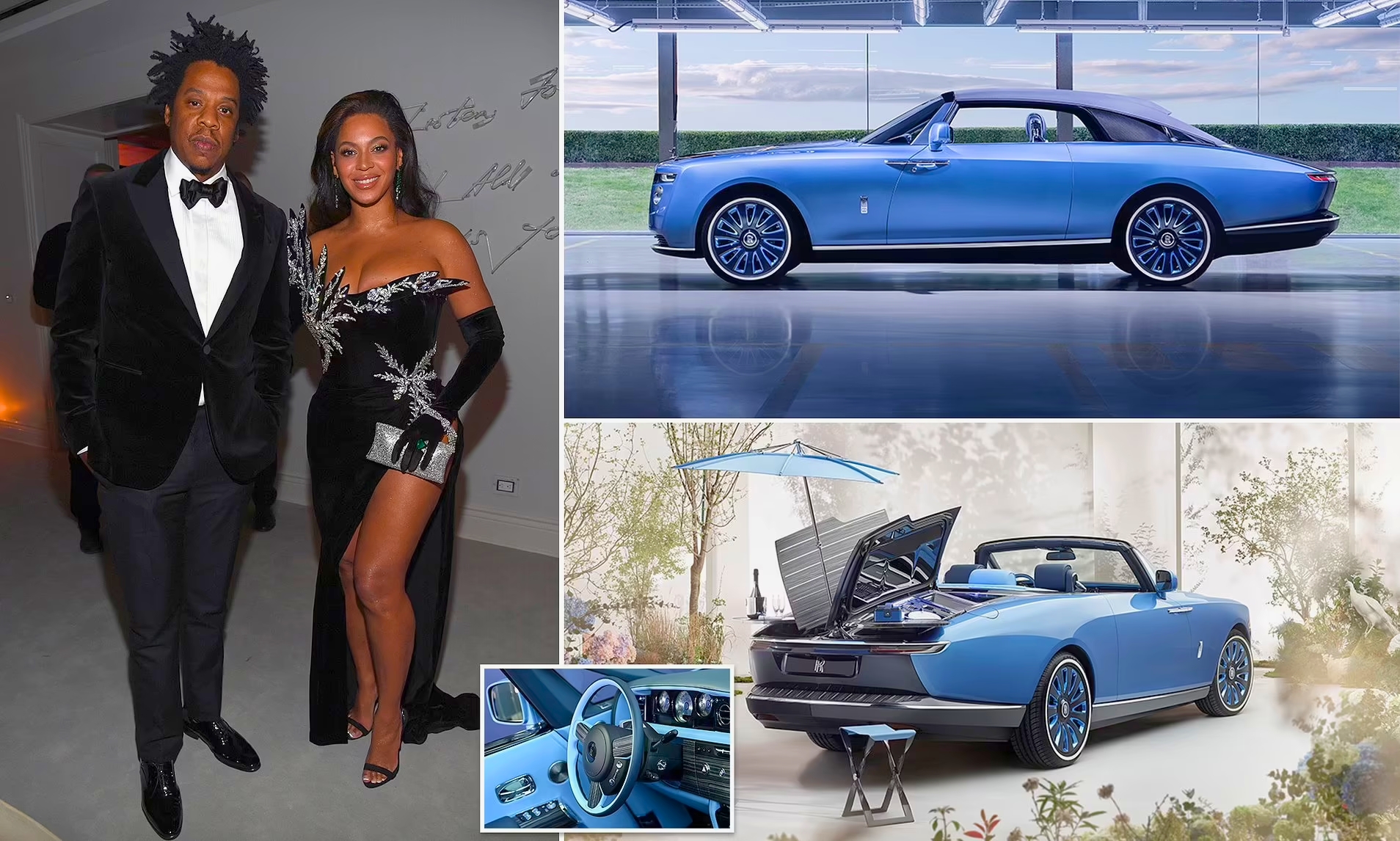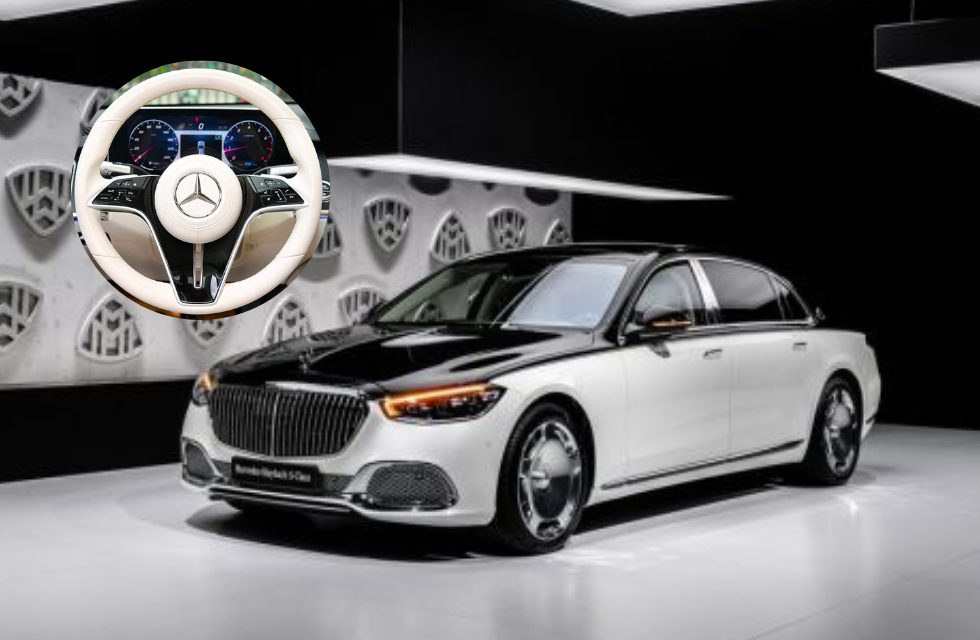From F1 racing to the car that could be in your driveway.

As we saw at the end of 2023 with the introduction of the 2024 Mercedes-AMG SL 63 S E Performance, the performance-focused Mercedes-Benz subsidiary put innovative technologies developed for the Mercedes-AMG Petronas F1 hybrid race cars into practice. And they’ve done it again. During the Shanghai Grand Prix, the fifth event of the 2024 F1 race schedule, AMG unveiled the 2025 AMG GT 63 S E Performance, the fastest accelerating AMG production model ever.
In addition to its 805 hp hybrid powertrain capable of 2.7-second runs from 0-to-60 mph, the new AMG flagship model has active roll stabilization, fully variable all-wheel drive, active rear-axle steering, and standard high-performance carbon ceramic brakes. This new car is based on powertrain and aerodynamics development used in Mercedes F1 race cars.
Why the AMG GT 63 SE Performance matters

For automobile companies associated with auto racing, newly developed performance technologies factor significantly, not only in winning races and reputational aspects but also in the potential advances in performance, handling, and safety the manufacturers can use in other vehicles. The new AMG GT 63 S E Performance benefits from the Mercedes F1 experience with its powertrain, battery technology, and active aerodynamics.
The AMG’s F1 powertrain edge

Formula 1 racing is bound by strict rules and regulations for race car parts and systems, including the required hybrid gas and electric power systems. The 2025 AMG 63 GT S E Performance has a 603 hp 4.0-liter V8 biturbo engine and a 201 hp AMG Electric Drive Unit, with a combined output of 805 hp. The maximum combined system torque is 1,047 lb-ft. These huge numbers translate to acceleration from 0-to-60 mph in 2.7 seconds and a top speed of 199 mph.
The AMG high-performance battery

Getting the greatest performance from batteries depends on various factors, among them operating temperature. Maintaining the proper temperature range is essential to getting the most from a battery. F1 race car batteries are designed for fast power delivery and recharge, with less need for maximum range than fully battery electric vehicles.
The 400-volt AMG High-Performance Battery circulates a non-conductive coolant with two to three times the heat capacity of water around its 560 cells to keep the temperature within the optimal range. The battery also has 0.04-inch thin cooling shafts around the lithium-ion cells.

The AMG GT 63 S E Performance battery can be recharged with the onboard 3.7 kW AC charger plugged in a regular 110-120V power outlet, a Level 2 240v charger, or a DC fast charging station.
AMG makes use of F1 racing active aerodynamics

Active aerodynamics are a major factor in F1 racing success. Front and rear wings on F1 race cars use resistance to airflow (also called drag) to create massive amounts of downforce to keep the cars on the road, especially in corners. In designated areas of F1 race tracks called DRS Zones, and in limited circumstances, a driver can lower the rear wing on the race car to decrease drag and overtake the car in front.
Road cars don’t have DRS zones, but the 2025 AMG GT 63 S E Performance has an active aerodynamic element in front of the engine under the car that lowers the car about 1.6 inches at speeds over 50 mph in specific drive modes.
A retractable rear spoiler integrated into the trunk lid changes position to optimize stability or reduce drag depending on the drive mode, vehicle speed, lateral and longitudinal acceleration, and steering speed.
Mercedes-AMG has not released pricing information for the 2025 AMG GT 63 S E Performance, but it did state the F1-inspired AMG flagship will ship to U.S. dealers in late 2024.











